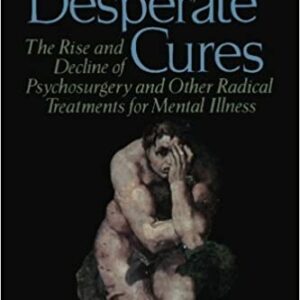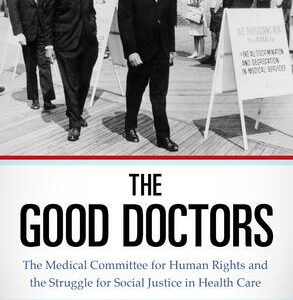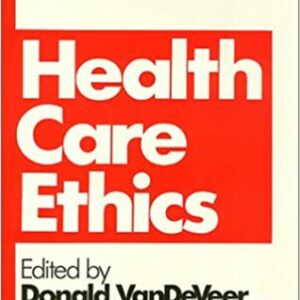
The Care of Patients: Perspectives and Practices
By Mack Lipkin (NHC Fellow, 1978–79) This book strives to bridge the gap between doctors and patients by removing the unfortunate emotional barrier between some doctors and patients, and permits the reader to look into the mind and heart of one humanistic medical practitioner whose care of his patients has remained first on his list … Continued







